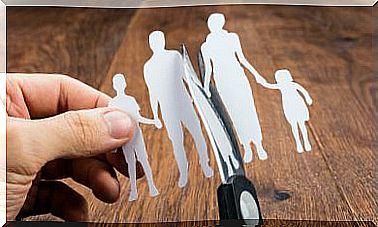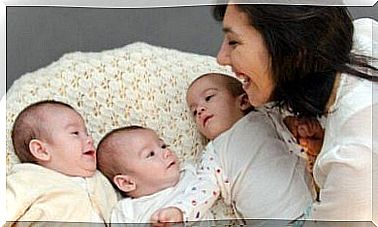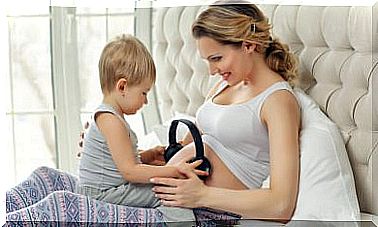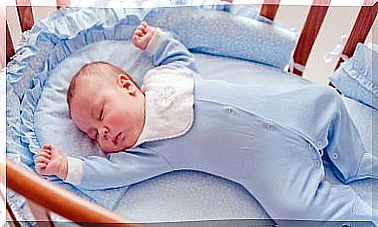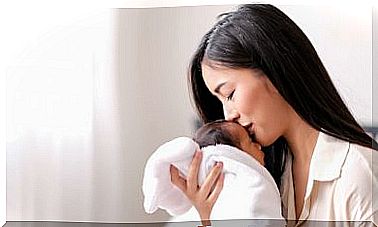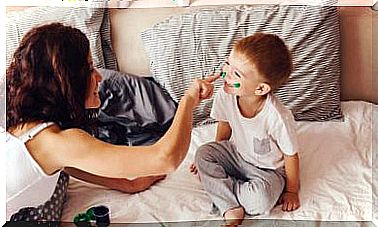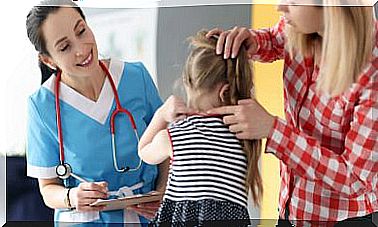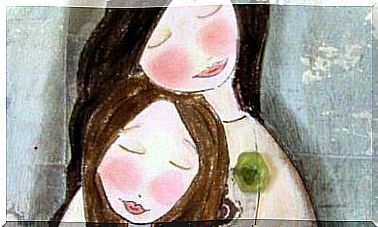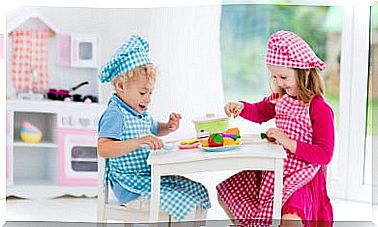Within Each Adolescent There Is Still A Child
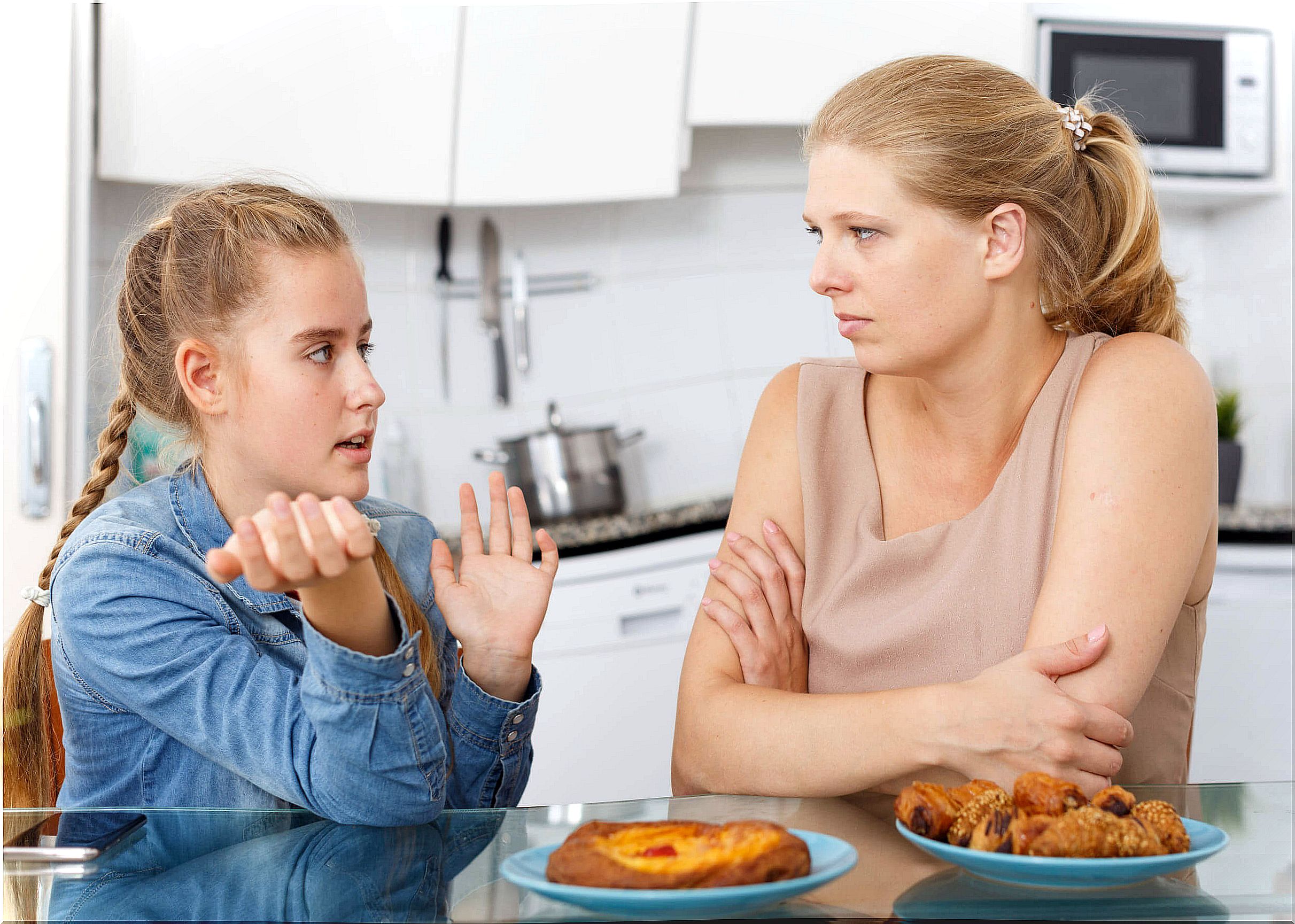
When your child reaches puberty, you will probably enter one of the most confusing and complicated stages of his growth. As you move into adolescence, you will feel that you are transformed and that that little one who needed you so much has ceased to exist. However, no matter how much independence he claims, no matter how much he proclaims his maturity, you must remember that within each adolescent there is still a child.
This is something that young people often deny and many times remind us of adults, in protest of our requests to behave in a more responsible way.
There are days when they seem to know everything and have completely clear ideas and others when they may collapse or come to us for guidance, shelter, or comfort. And it is that this swing between his most adult personality and the most childish one will be frequent during the following years.
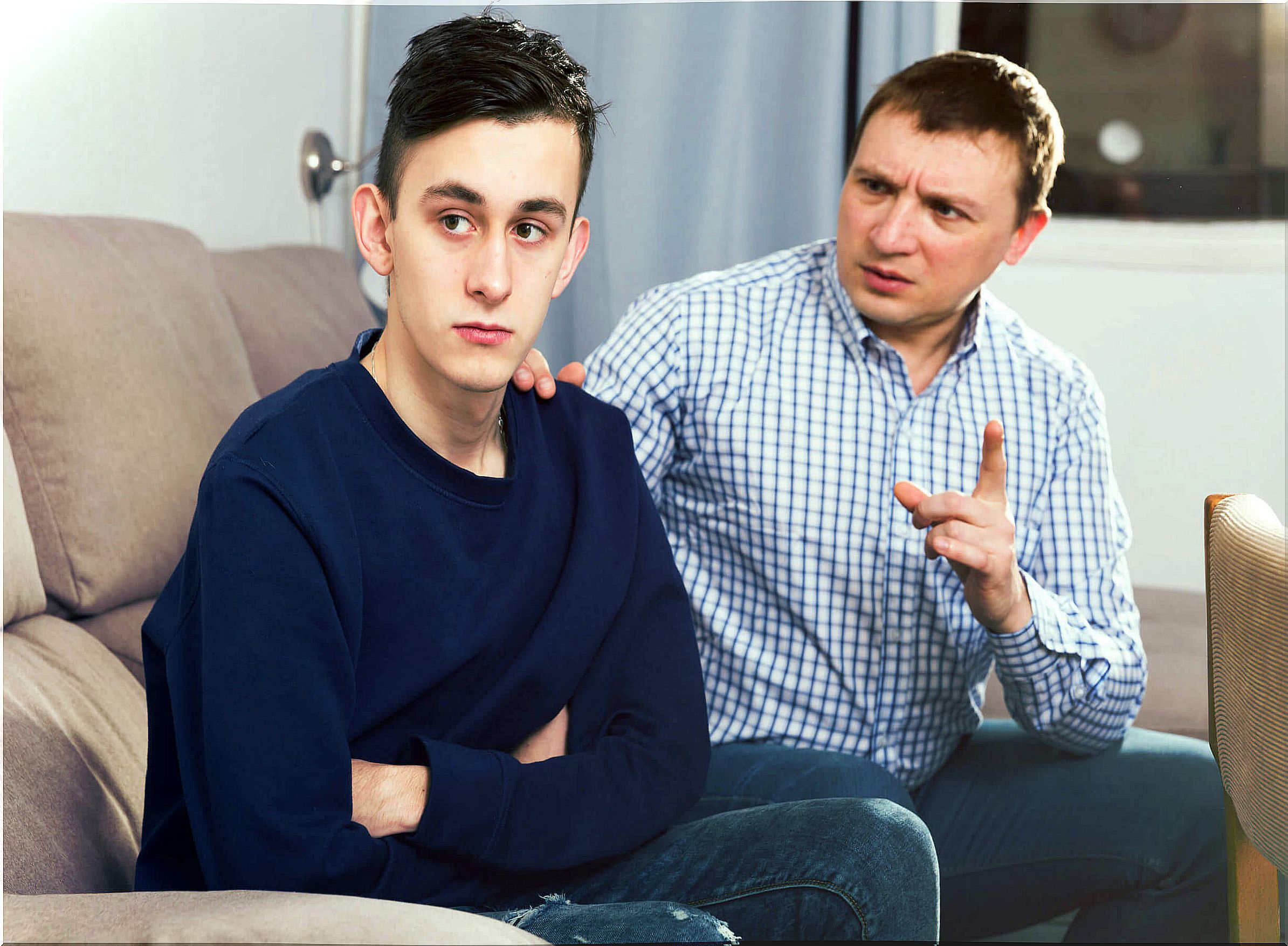
Sometimes they may try to take advantage of this intermediate state they are in. For example, calling themselves adults to decide to dye their hair or get a tattoo, but not to take out the garbage or do the housework that corresponds to them. However, beyond that, the transition is real and for a time you will navigate halfway between childhood and adulthood.
Teens walk into adulthood
Adolescents are no longer children and this is something that many parents find it difficult to assume. Starting to see their children as autonomous, responsible and independent (at least to some degree) is difficult for them. For the same reason, and even without realizing it, they can restrict its development.
This is the case of those parents who prevent young people from starting to go out with their friends, make decisions or gradually assume responsibilities. Many parents continue to control their teenagers like they did when they were children, reminding them when they have to do homework or telling them how to dress. In short, being constantly on top of them.
This not only leads to their privacy being violated many times (so important during these years) but also prevents minors from developing at an adequate rate. That is, if they are not allowed to experiment, fail, and learn from mistakes while they can still be guided, the day will come when they will have to face the adult world alone and they will not know how to do it.
Inside every adolescent there is still a child
Without a doubt, it is necessary to grant greater freedom to young people so that they begin to take charge of certain aspects of their lives. But we cannot forget that inside there is still a child who needs guidance and protection. And this is translated, mainly, in the following aspects:
- They need limits. Although young people often complain and resist the limits set by their parents, these are extremely beneficial and emotionally necessary. They help them feel safe and cared for by their parents and mark a suitable path for them to move forward.

- They require guidance. Although they seem to have very clear ideas, they may also fear uncertainty or making an inappropriate decision. At such times, the advice of an adult based on experience can be of great help. Try to maintain a relationship of respect and trust with them so that they feel free to come to you with any questions.
- They seek refuge. Being a teenager is not easy and on many occasions they can feel overwhelmed by responsibilities or experiences typical of age. For this reason, several times they will need an ear that listens to them and arms that welcome them to feel like children again. And it is important that they find that safe place in you.
Find the balance
Possibly one of the most difficult tasks that parents of a teenager face is finding the right balance between limits and freedom when it comes to educating. Parents and children will have to go through this transition together, giving space both to the young person who begins to live his life and to the child who continues to depend on his parents. This will not be easy for either party, but with dialogue, respect and love it will be possible to come to fruition.

